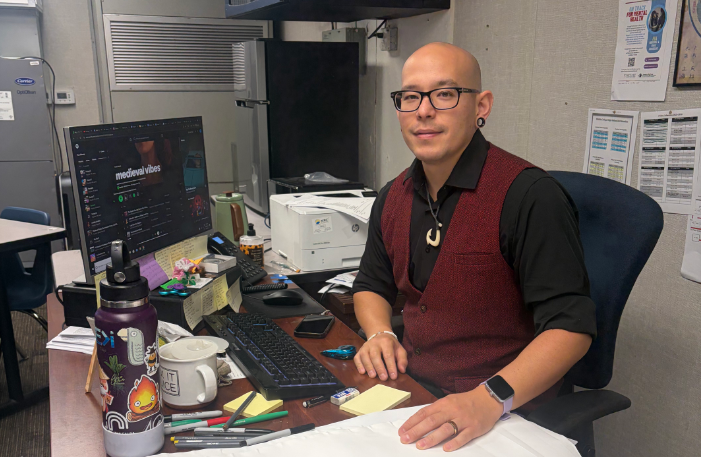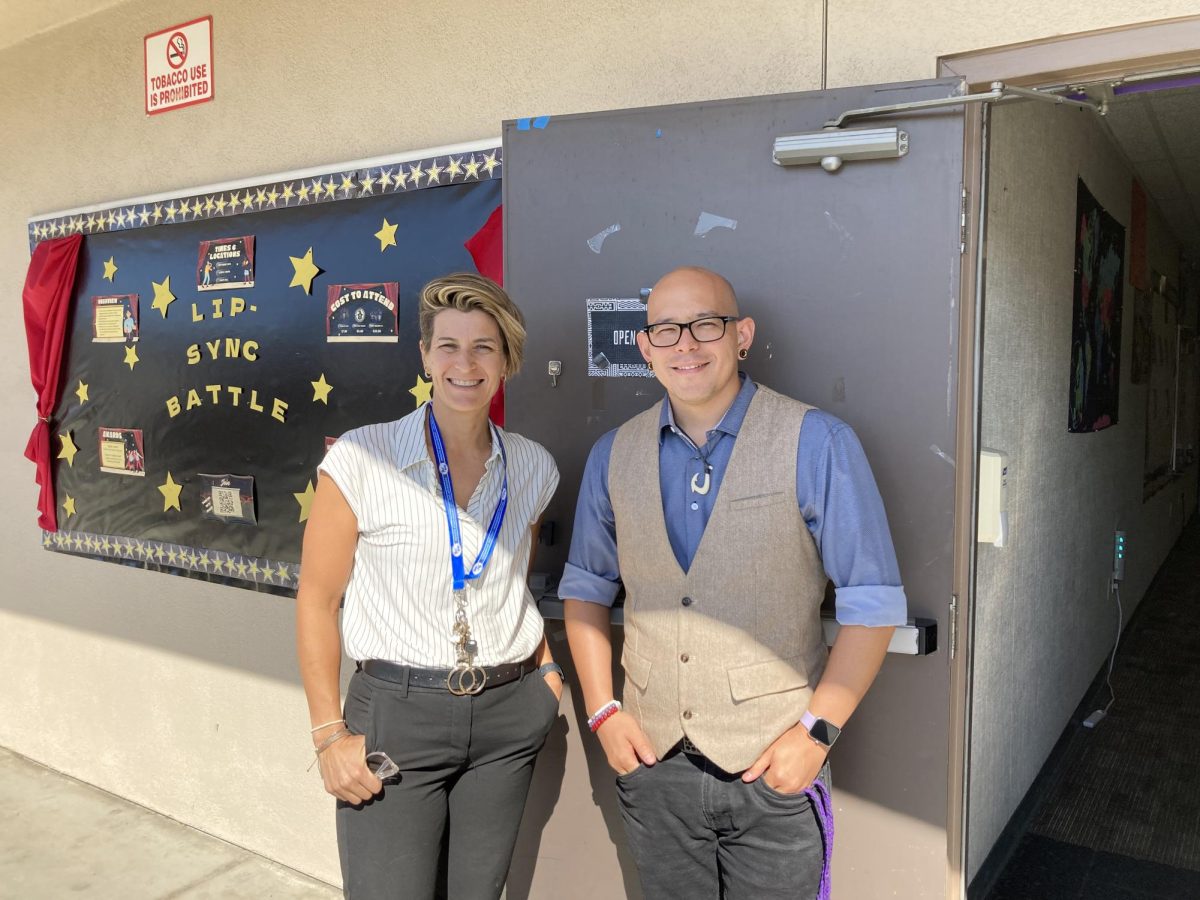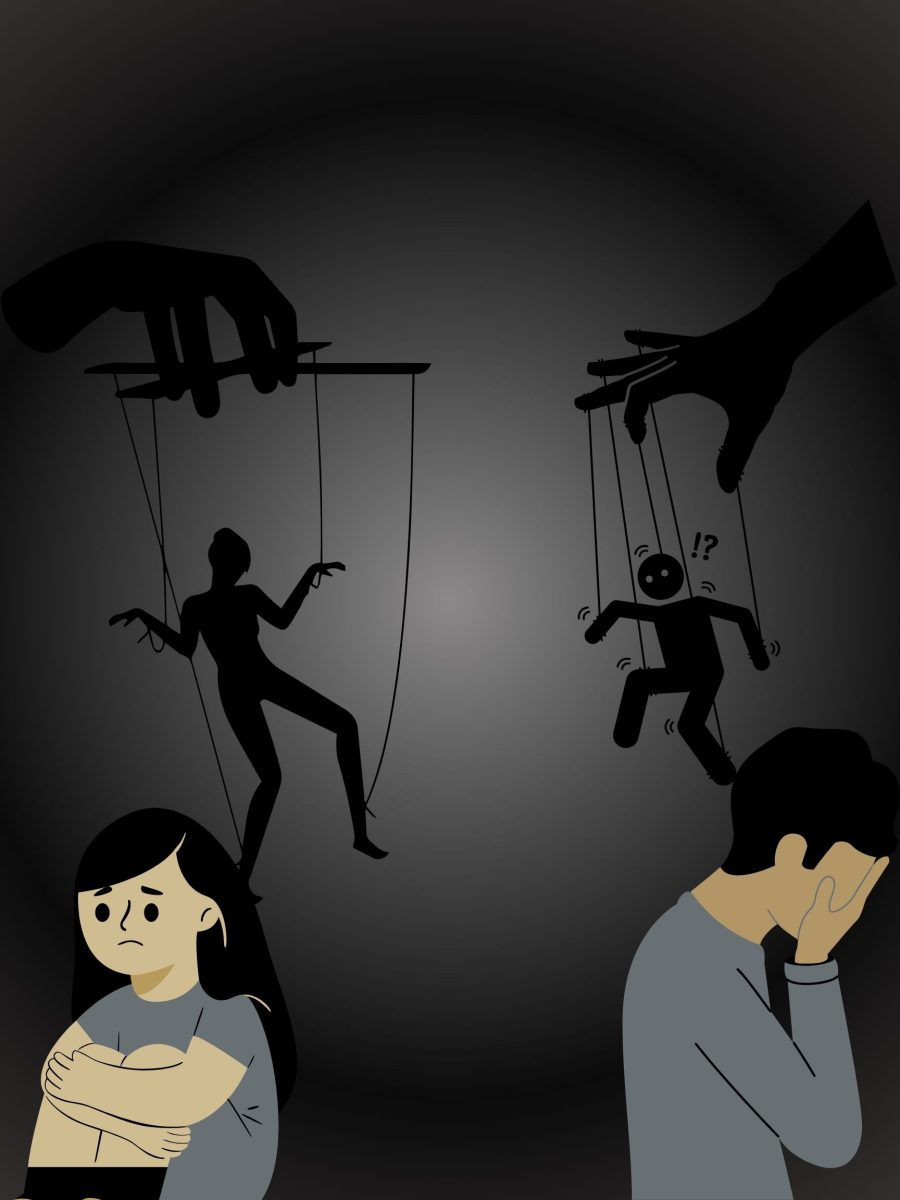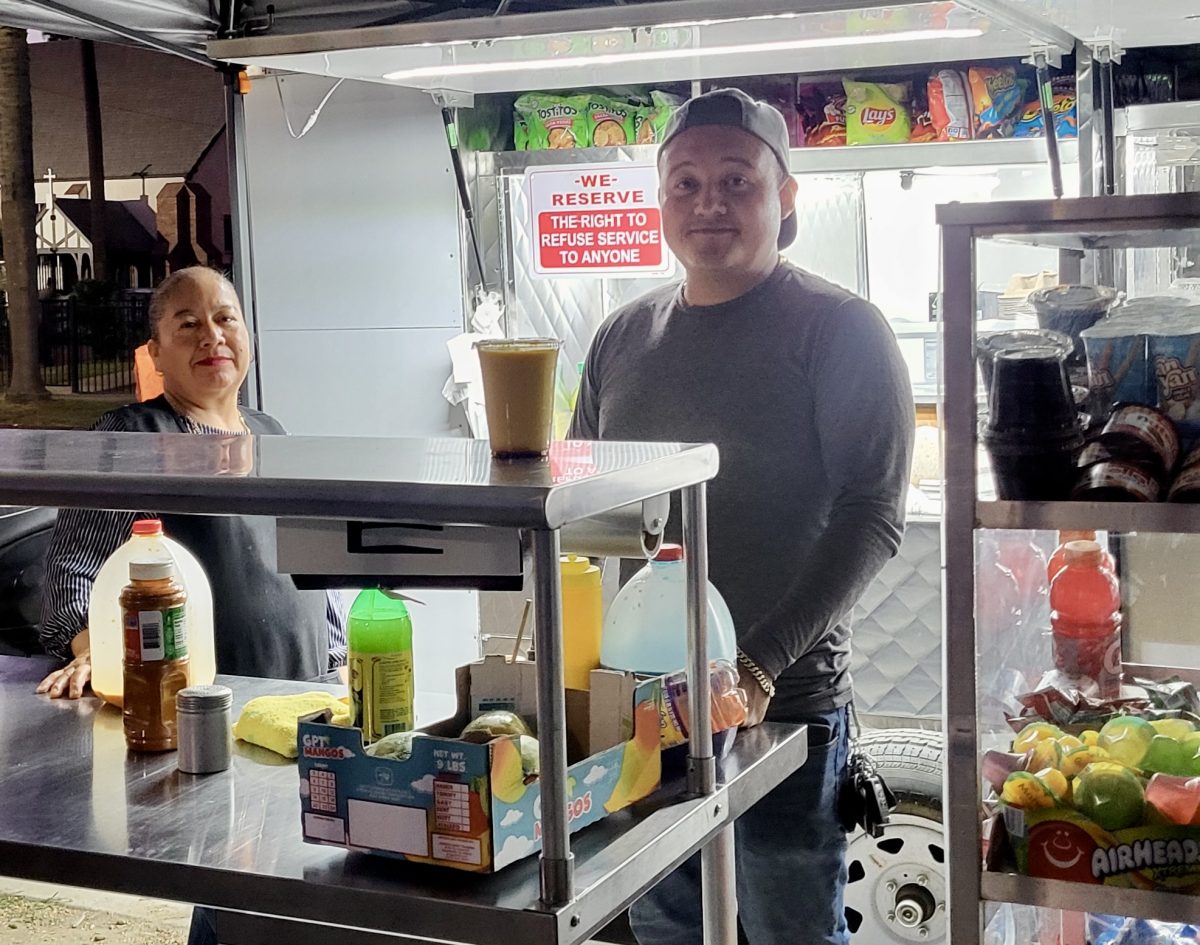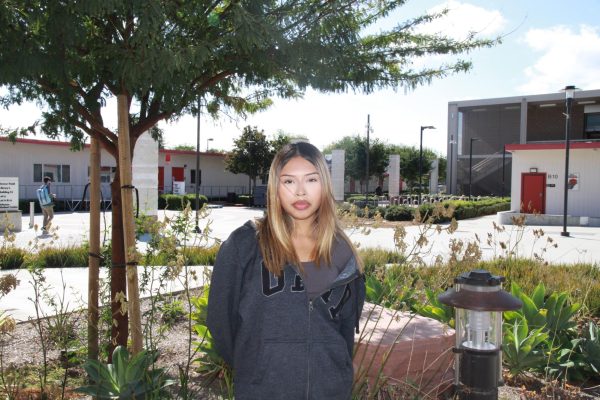Often when you hear people talk about abuse, you may think of physical abuse with someone intentionally hitting, pinching, or using force towards someone else; something you don’t hear as much is mentally abusing someone.
Psychological abuse is mentally and emotionally abusing someone for your needs. It can be seen in different forms. Most people misinterpret this as love or protection. Anyone is vulnerable when it comes to mental and emotional abuse through relationships, friendships, and family.
Psychological abuse can be shown through possessiveness, insecurity, or jealousy, but psychological abuse can extend to higher measures. Mental abuse is something that is built through verbal insults, and other subtle tactics to control a person’s way of thinking.
You may think the only way you can be abusive towards someone is physical but language can be harmful in its own ways.
Often psychological abuse can lead to trauma, low self-esteem, depression, self-deprivation, and eating disorders; not being able to recognize these signs can lead to the creation of unhealthy boundaries of trust, respect, integrity, and optimism among yourself and those around you.
This does not mean all hope is lost since recognizing these signs can be beneficial for future relationships.
Professor of Human Services at California State University Fullerton, Kristi Kanel, shares some coping strategies that could be helpful for those who are struggling with psychological abuse.
“Some of the best coping mechanisms for dealing with psychological abuse are therapy, group counseling, EMDR eye movement desensitization and reprocessing, and hypnosis,” Kanel said.
TOXIC FAMILIES
Family is often the seed of Psychological abuse. Growing up in a family going through sudden changes, suffering through financial difficulties, divorced parents, single-parent households, or toxic households is often the start of physiological abuse.
A toxic household is where everything starts. The way a person was raised and the values in their family can change the dynamic on how you manage your life. As a child, you learn from what you see within your family. You can’t distinguish between wrong and good. It isn’t until you grow up where you begin to realize you may have picked up unhealthy habits from your family.
Psychology professor at Santa Ana College, Jeffrey Pedroza, gives us insights about how family dynamics can create mental health issues.
“Everyone spends time with their family which makes them feel good, but if there’s bad blood in the family, abuse, or if you’re with somebody who’s hurt you in the past, it’s something that can impact you and create mental health problems,” Pedroza said.
Toxic households can be the start of psychological abuse, due to various common factors that create an unhealthy and harmful environment for individuals within the family.
Some of what you see in toxic households can be a lack of emotional support, controlling behavior, verbal and emotional aggression, manipulative behaviors, and a lack of communication skills. Not having the ability to distinguish these common signs of toxic households can lead to poor patterns of behavior later in life.
TOXIC FRIENDSHIPS
In your personal life, you may have noticed the difference in male and female friendships. Females often are open and eager to speak about more emotional or personal topics than males whose friendships are often less open about personal topics.
All friendships can be influential, but toxic friend groups can alter the way you interact with people. Once you go through a toxic friendship, you get to see how people are and create a barrier between friendships. Males often go through abuse, but these situations are not often talked about because they are “supposed to act a certain way.” Males often are told to “be a man” which can lead to instant fear of repercussions of speaking out about their abuse.
Females on the other hand can be seen as a “attention seeker” or “problematic” for speaking about their abuse. Most female friend groups have the fear of judgment. That can create a barrier to talking about their feelings or personal life.
Toxic friends may use manipulation tactics to control and influence other’s thoughts, feelings, or actions. Manipulation can involve guilt-tripping, gaslighting, or exploiting vulnerabilities to gain control over the “friend.”
TOXIC RELATIONSHIPS
Toxic relationships can evolve into psychological abuse through a series of destructive patterns. Often the behaviors someone experiences in their household are later on incorporated into their relationships.
In toxic relationships, the form of physiological abuse can be rather severe. Someone who is being victimized can fall into denial over their partner’s actions.
Toxic relationships come in the forms of criticism, manipulation, control, threats, intimidation, or unrealistic expectations. \This can lead to emotional distress, and mental health problems such as anxiety, depression, and low self-esteem.
Here are some resources if you find yourself in need of help:
National Domestic Violence Hotline 800-799-7233
Human Options: (877) 854-3594
Text “START” to 88788
Laura’s House: (866) 498-1511
Victim/Witness Assistance Program (714) 834-4350

